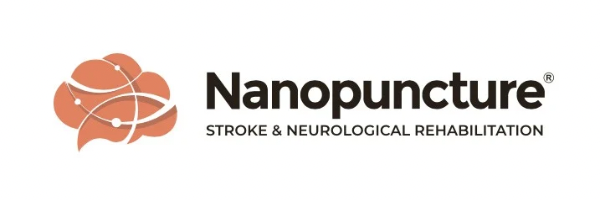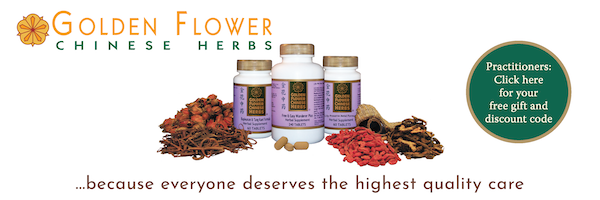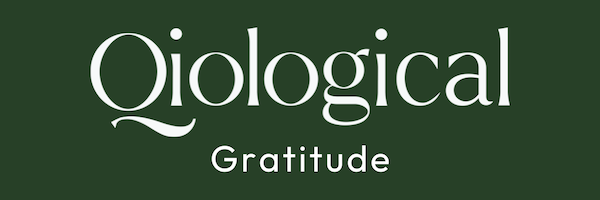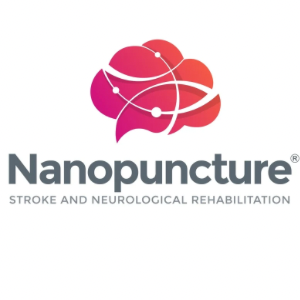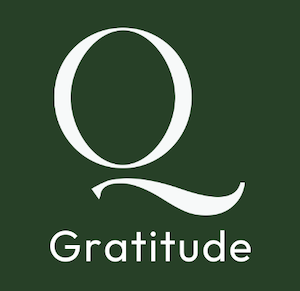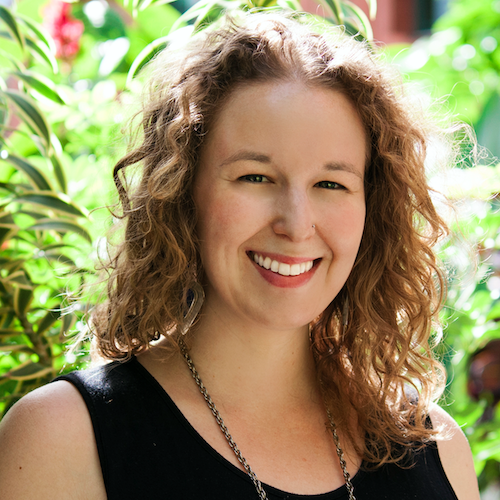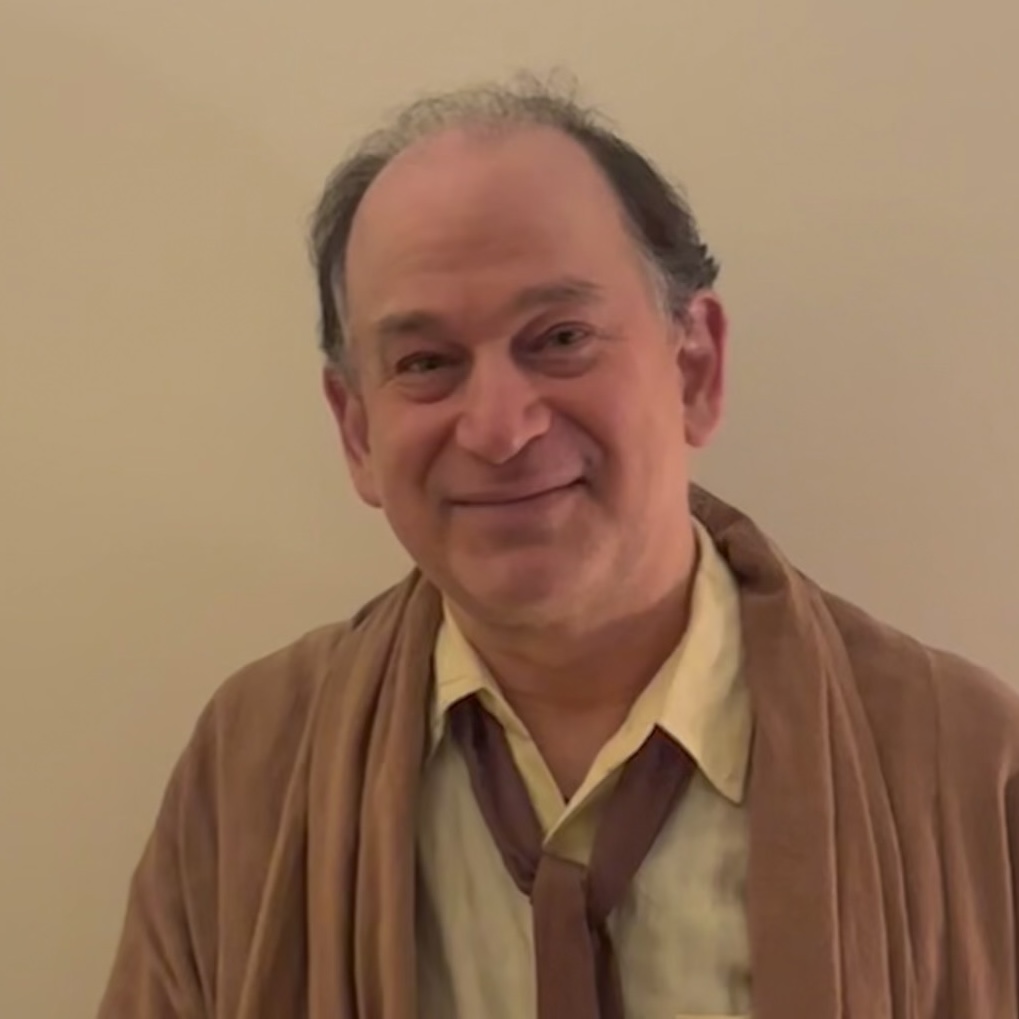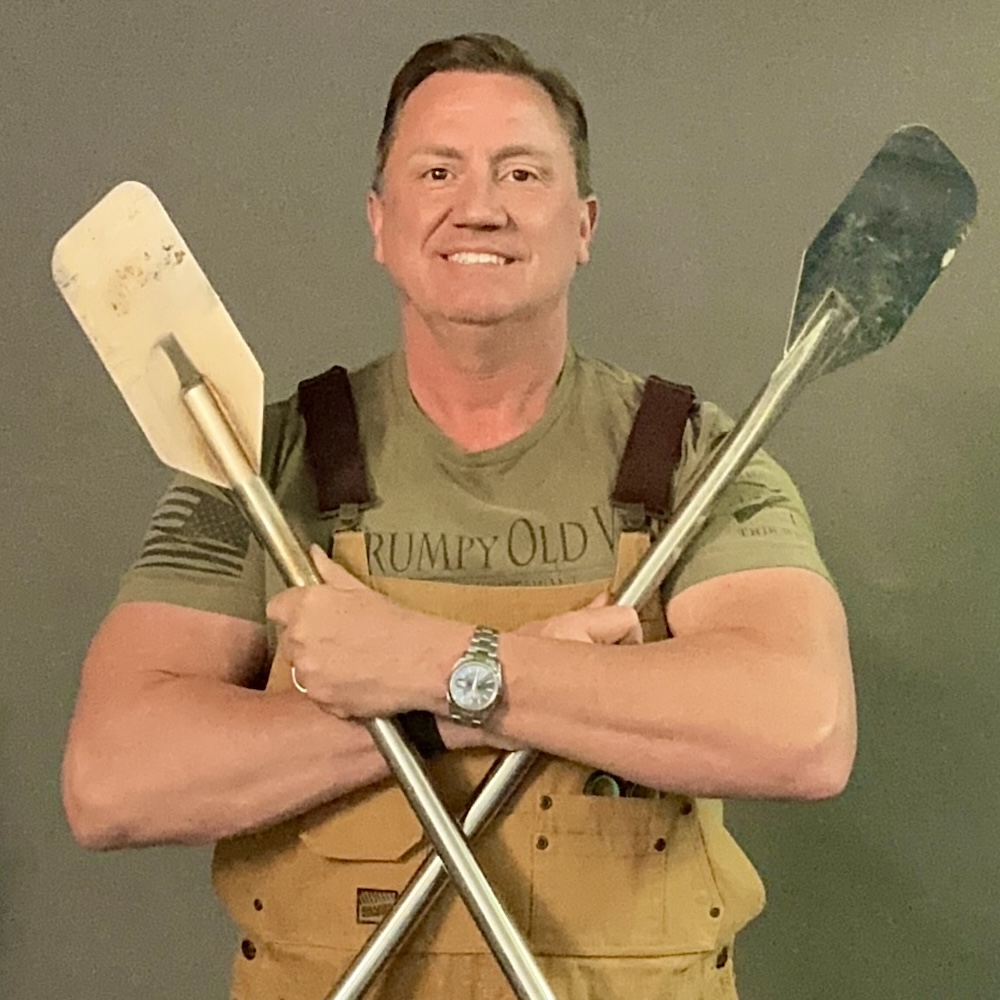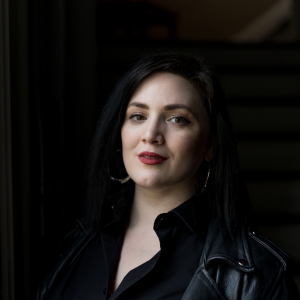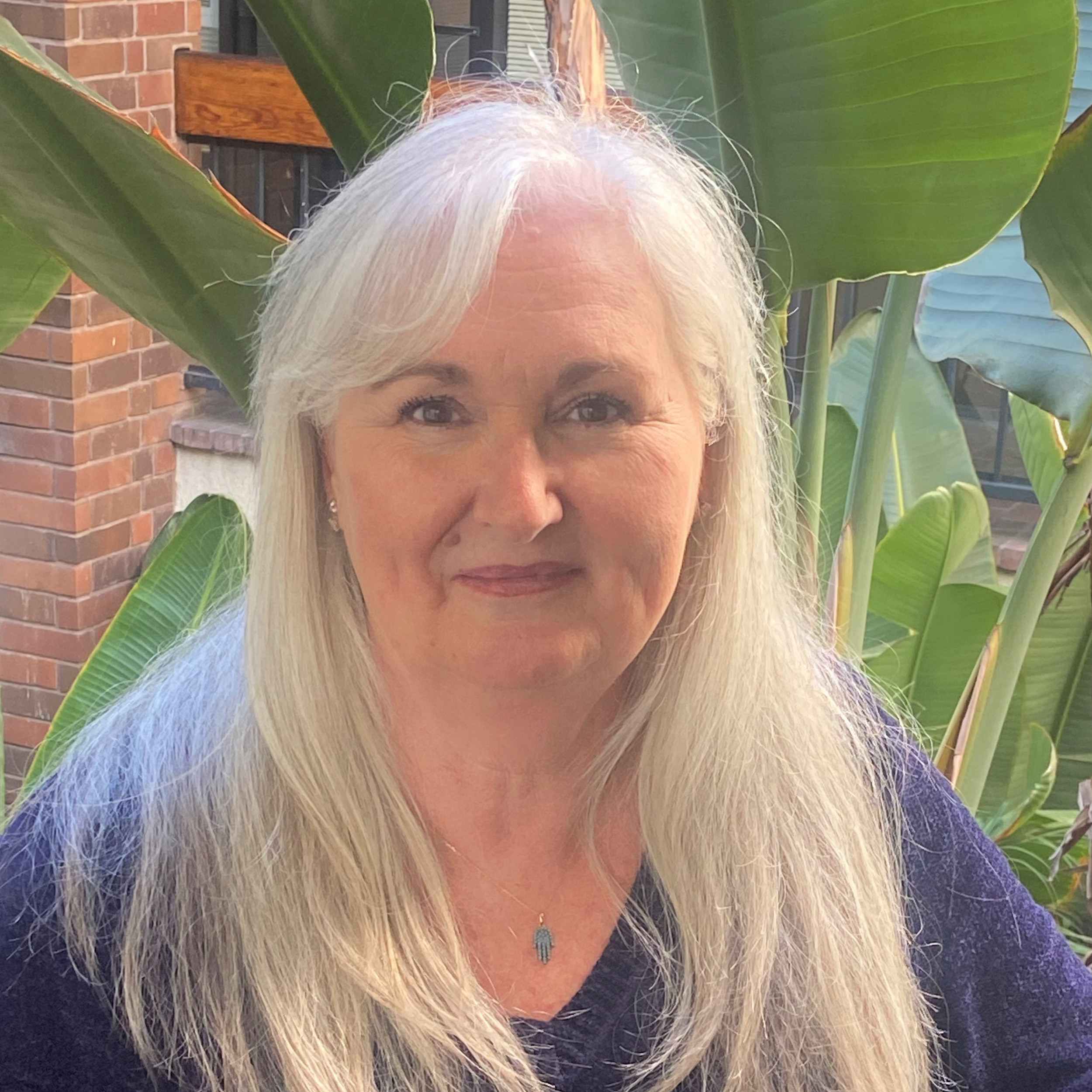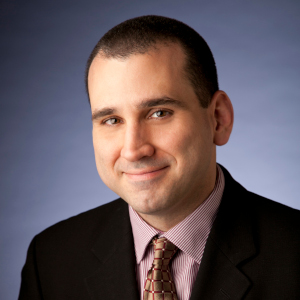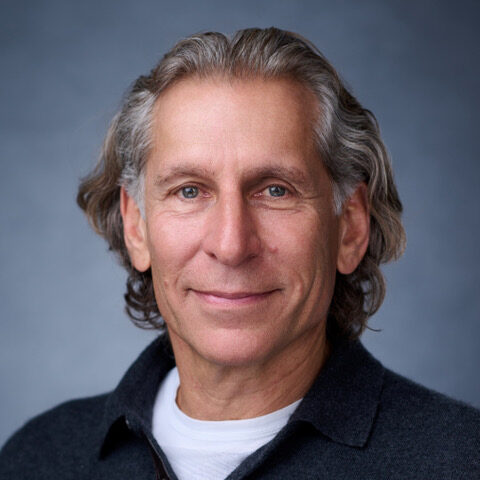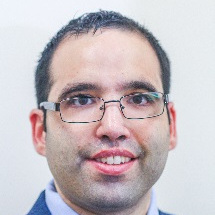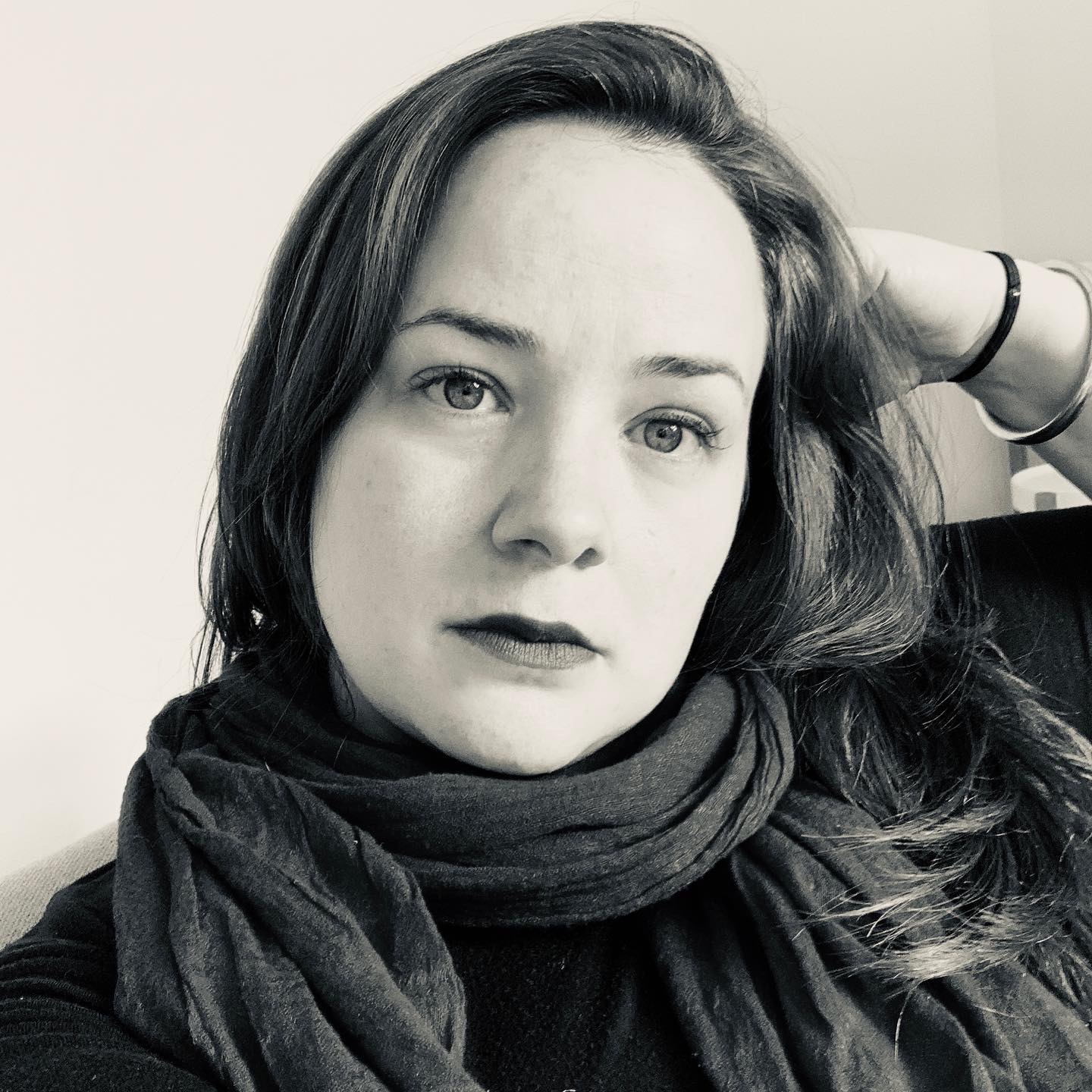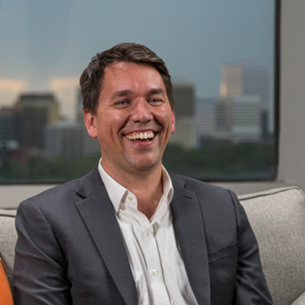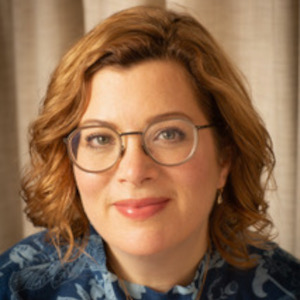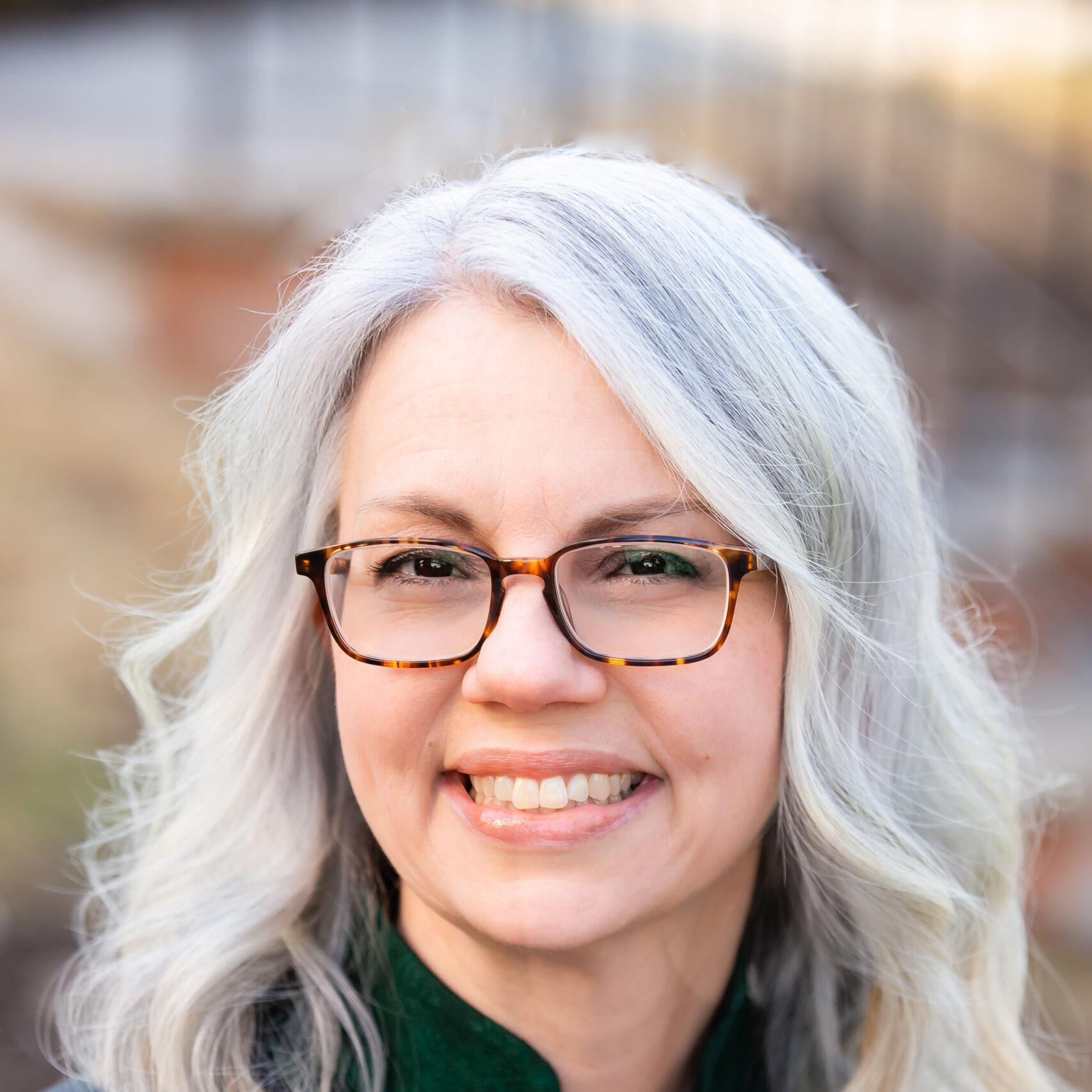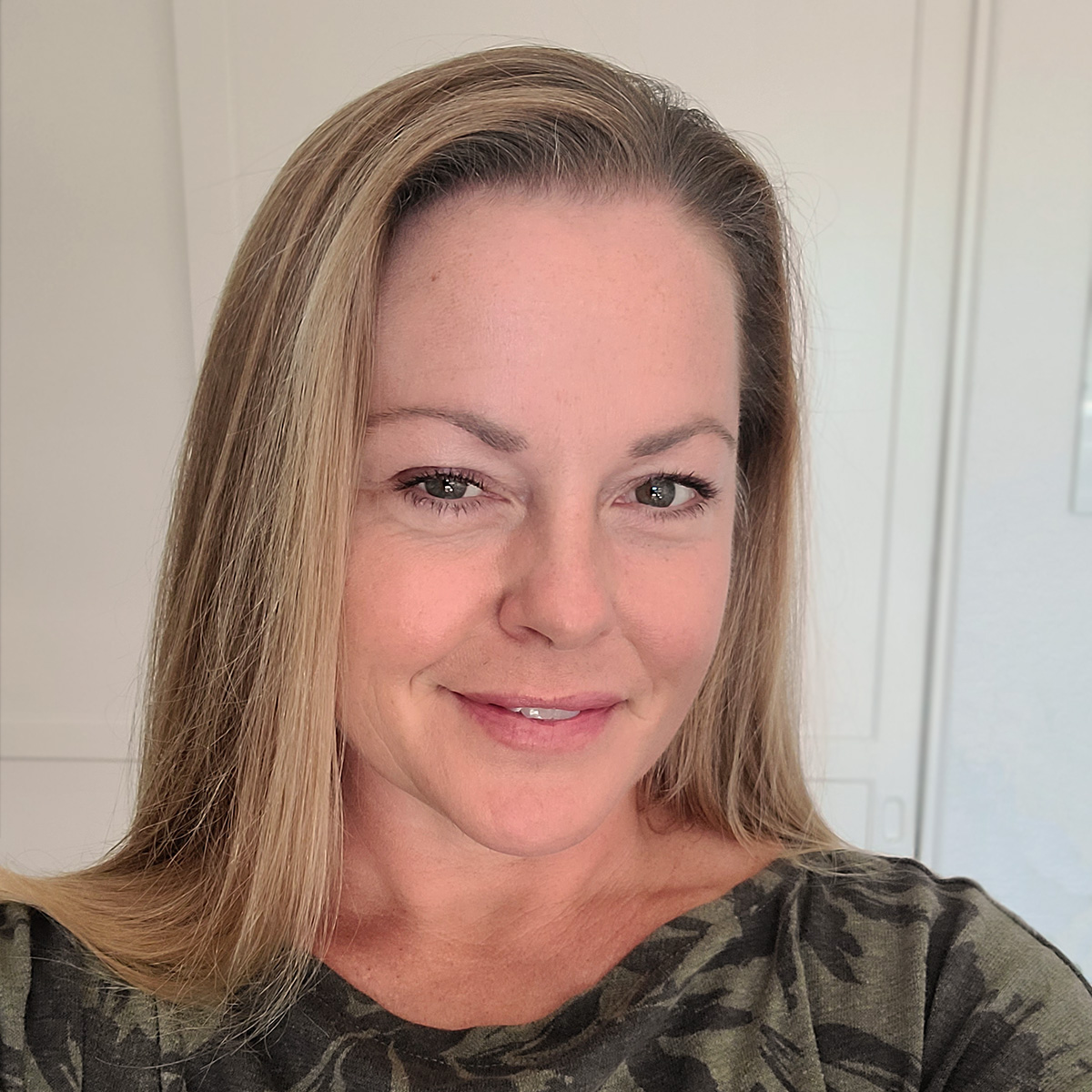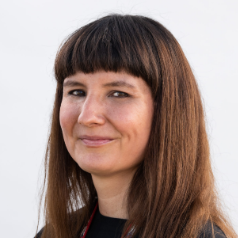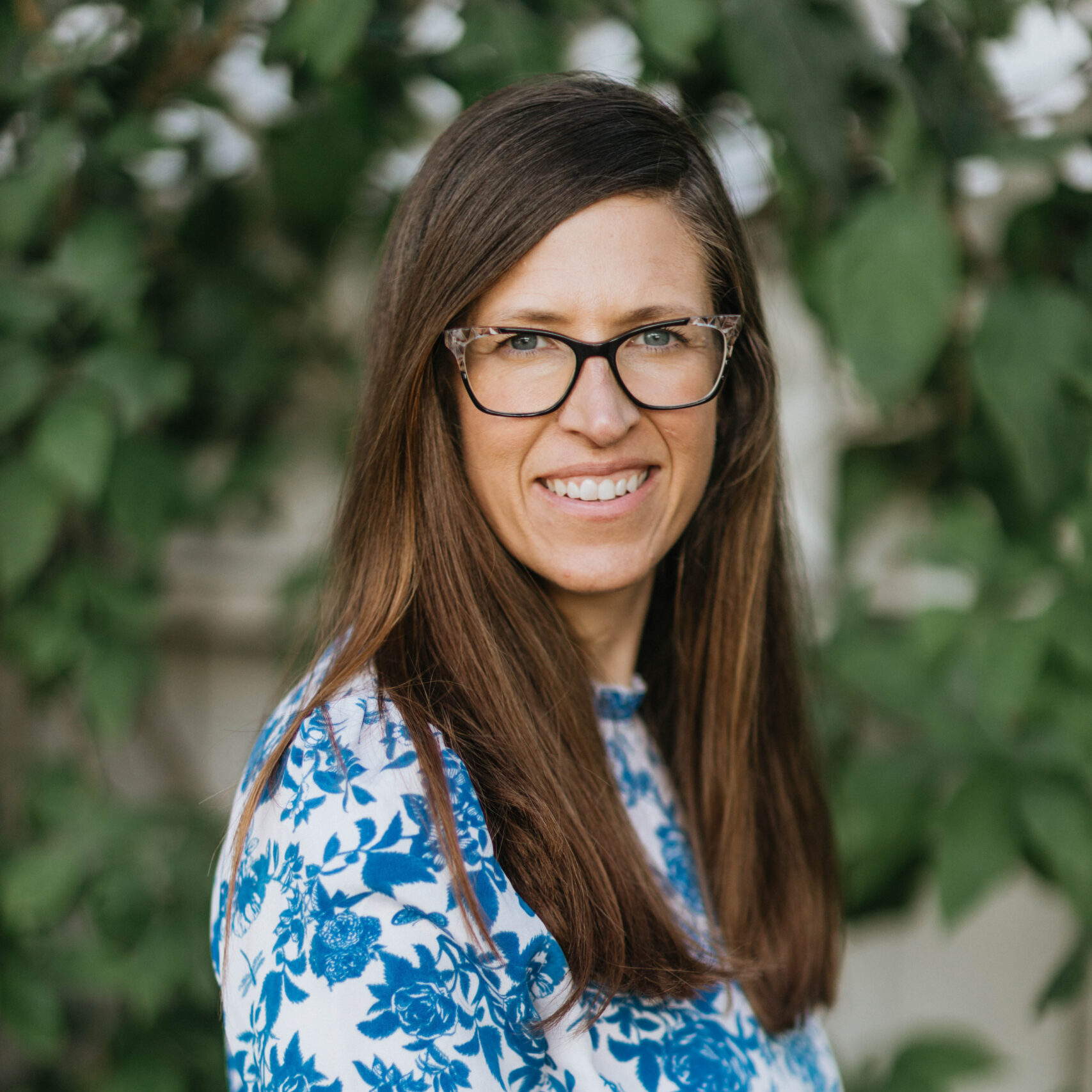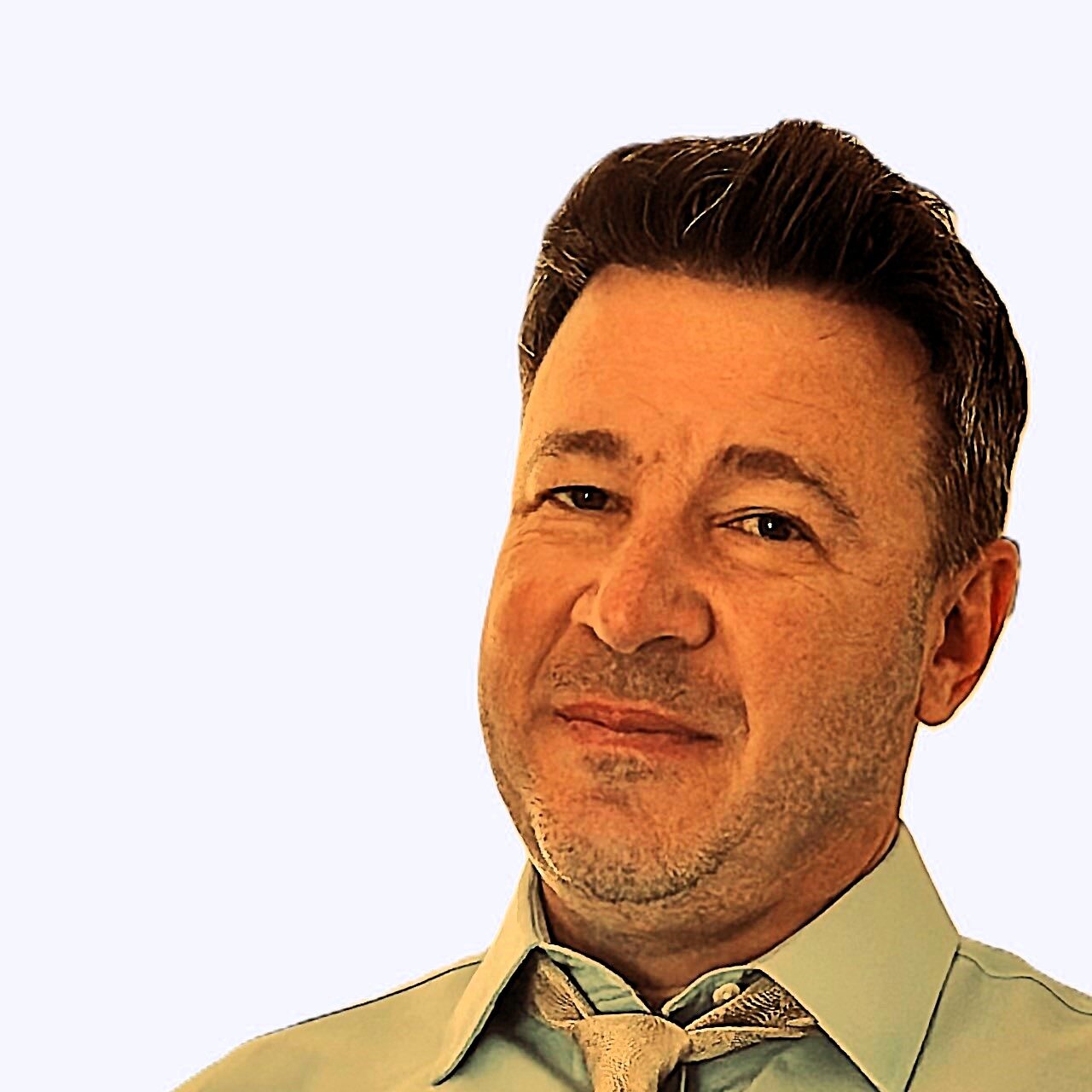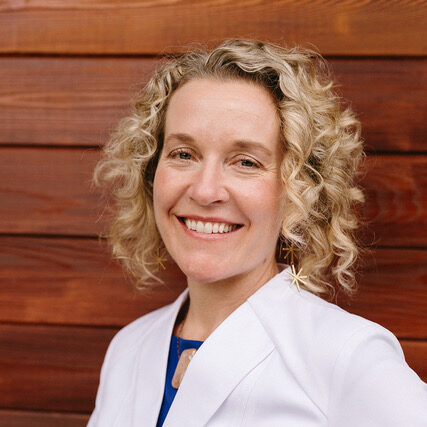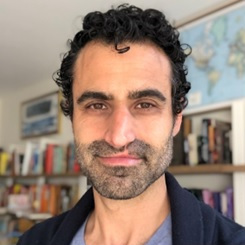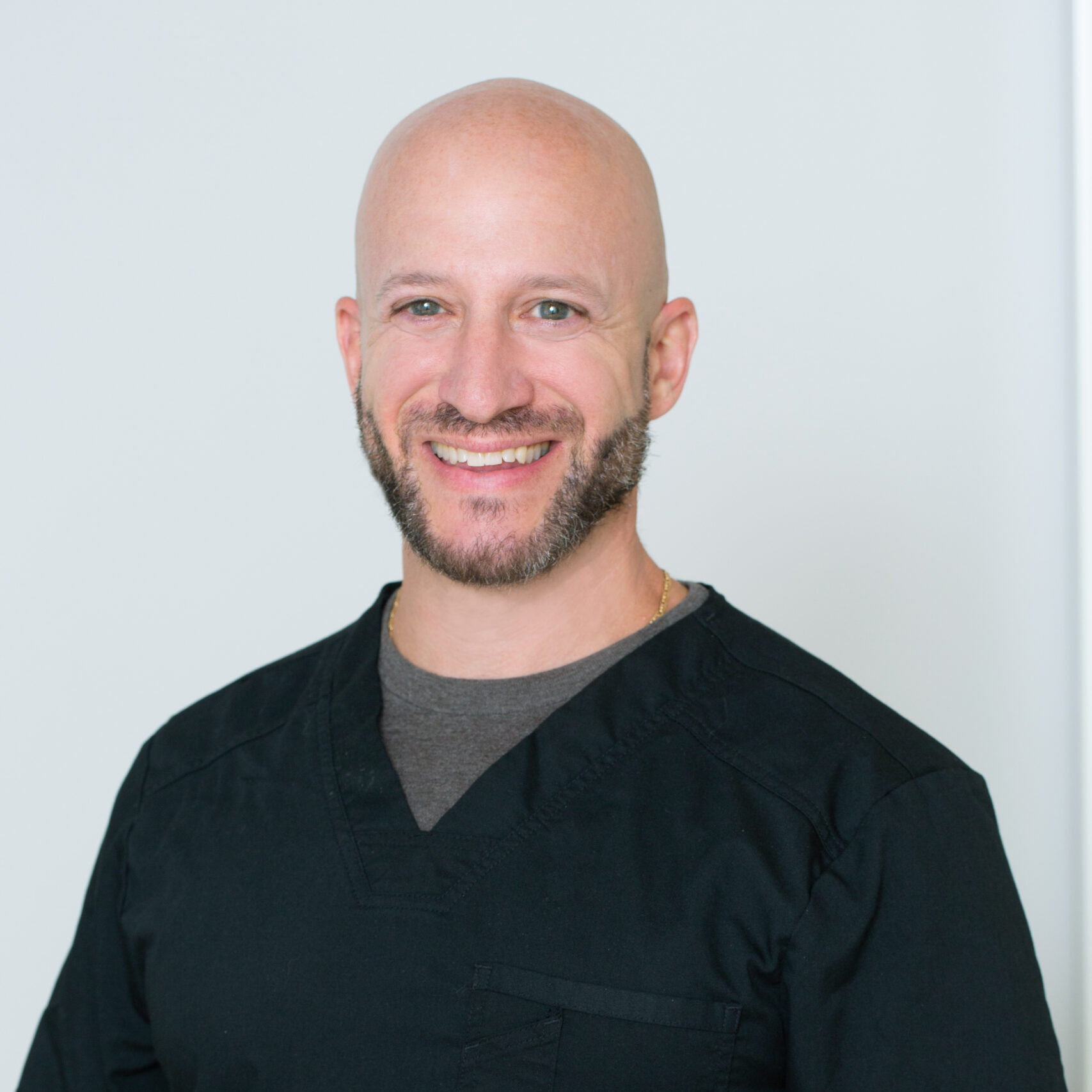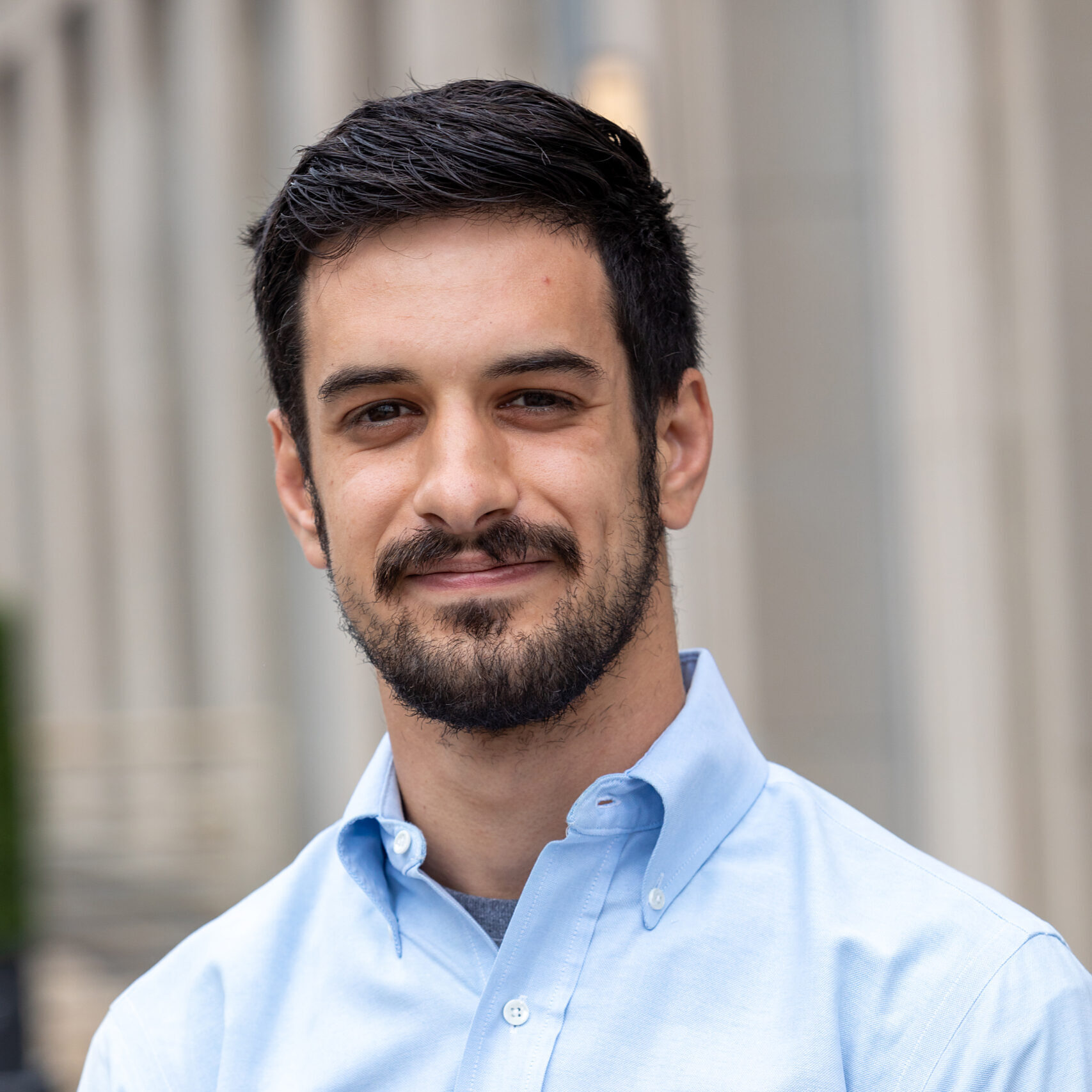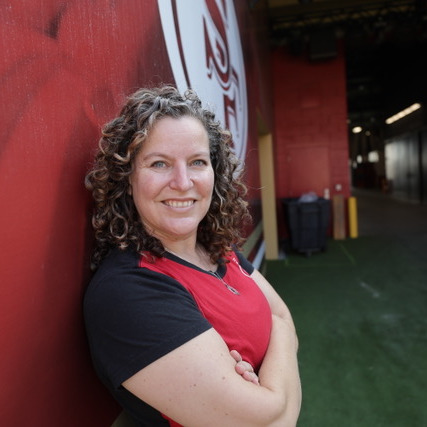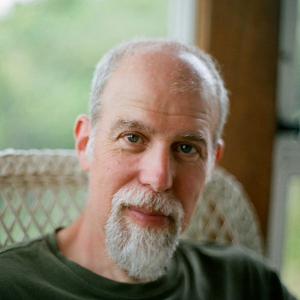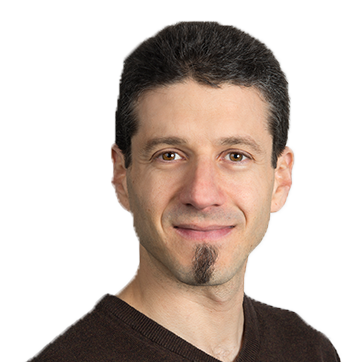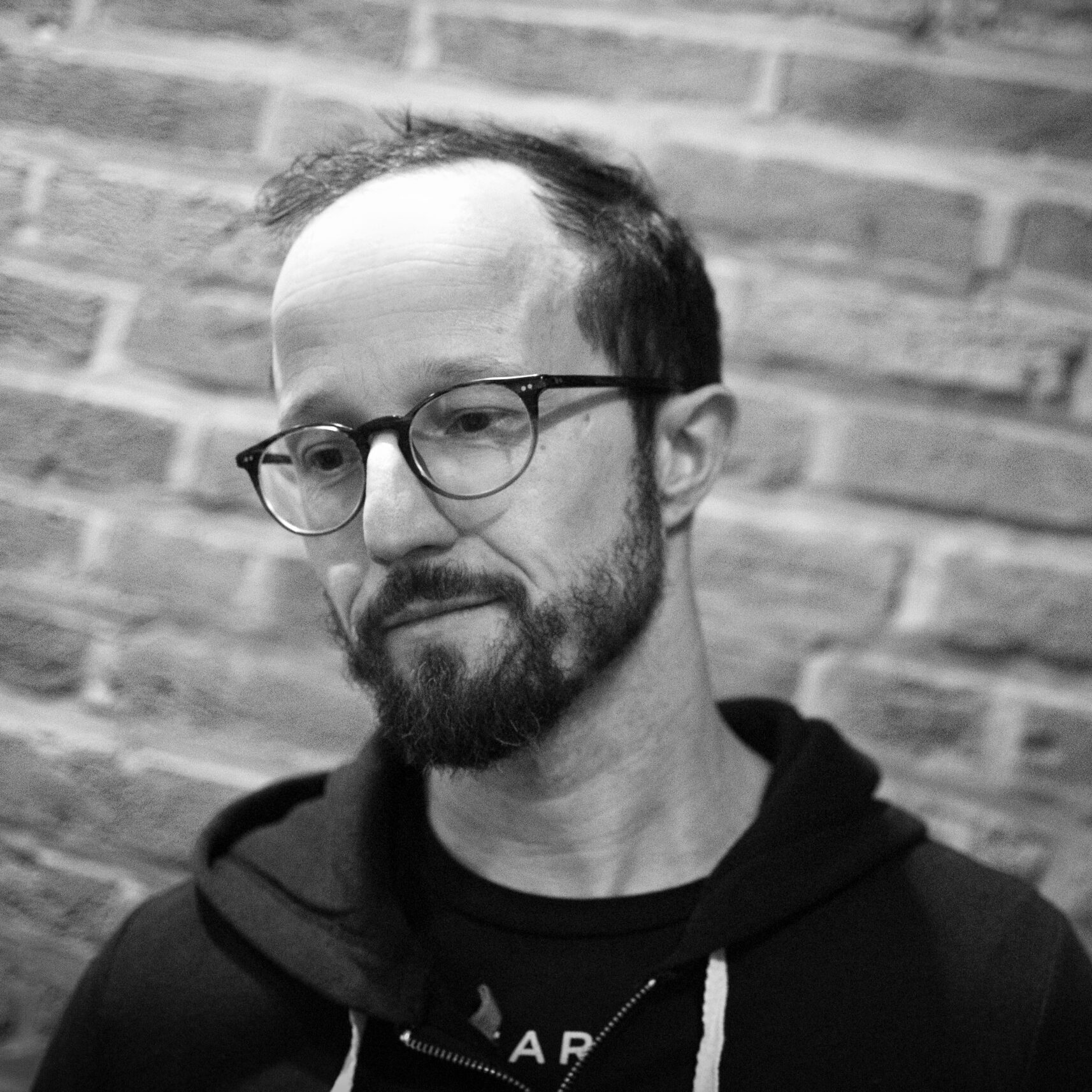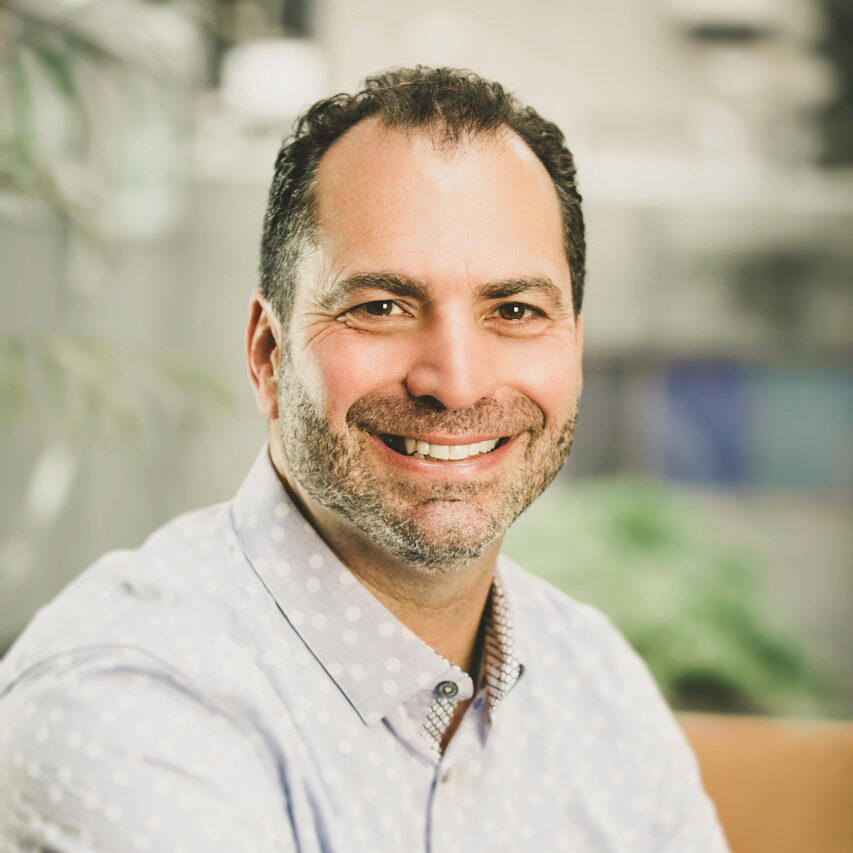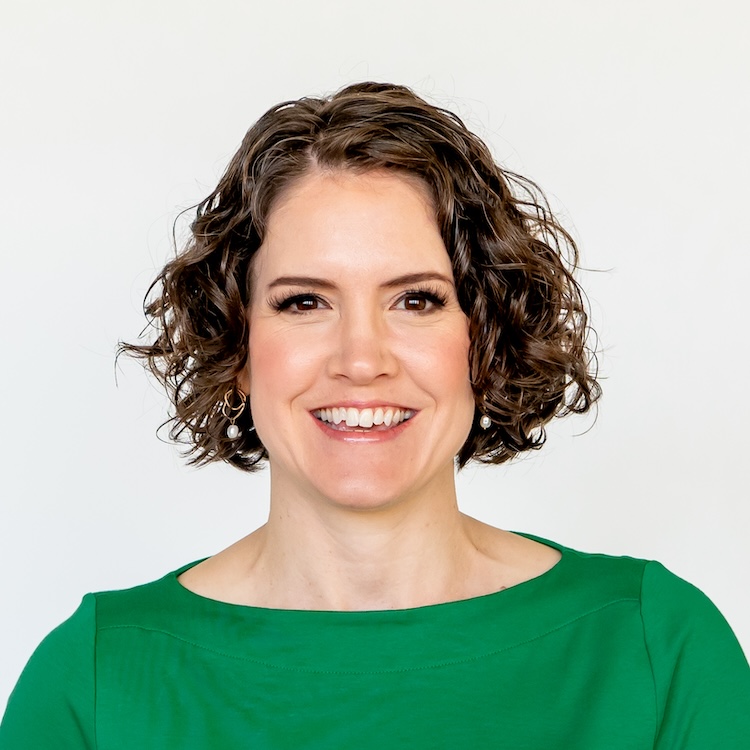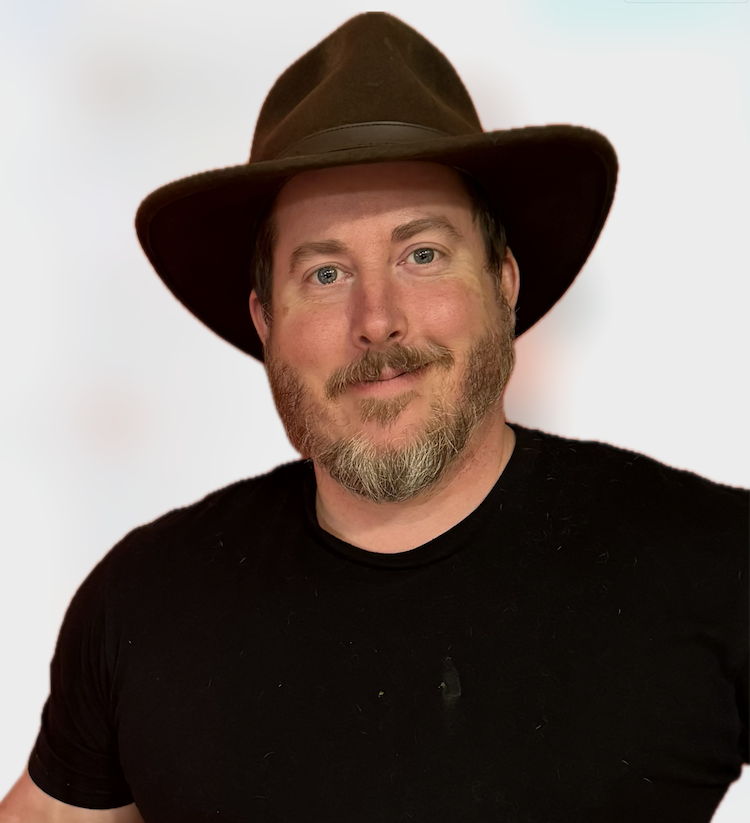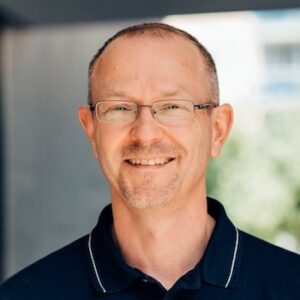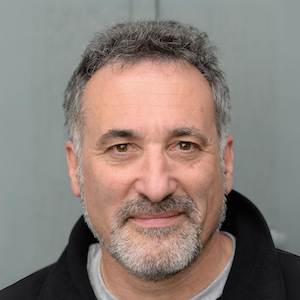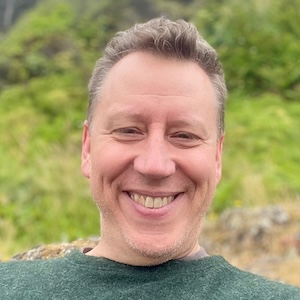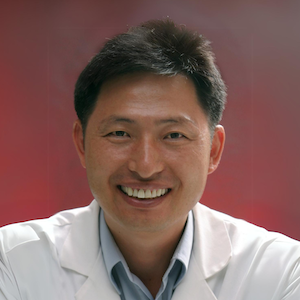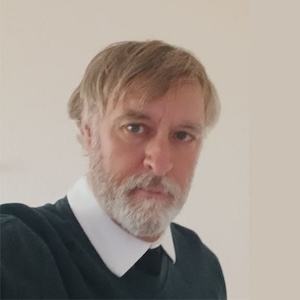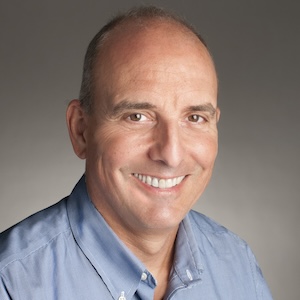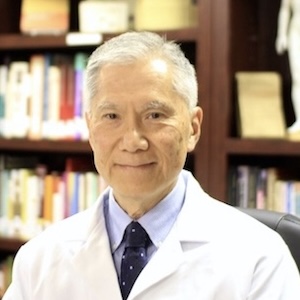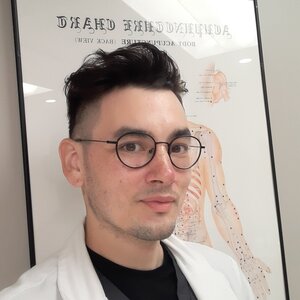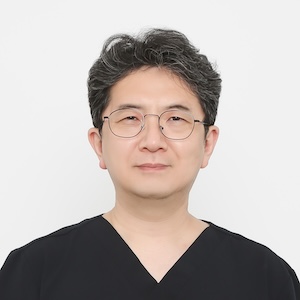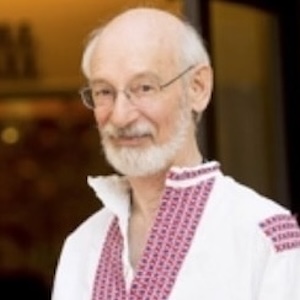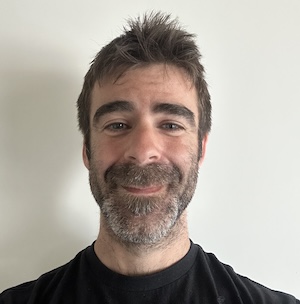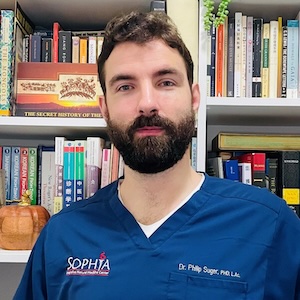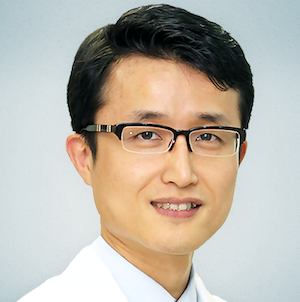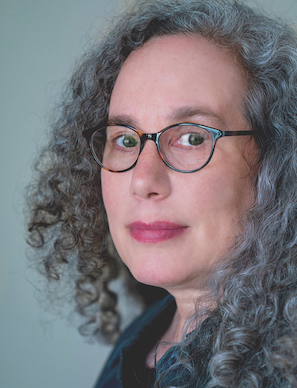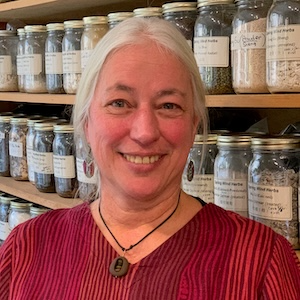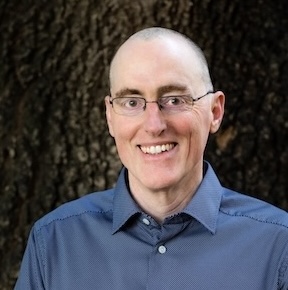In this conversation with Robert Hoffman, acupuncturist, educator, and administrator, we explore the crossroads our profession is facing. With experience as the president of a school, a commissioner at ACOM, and a leader in state organizations, Robert shares his insights on sustaining and growing the profession and the institutions that train future practitioners.
Listen into this discussion as we unpack the struggles facing acupuncture schools, the rise of integrative and institutional opportunities, the demographic shifts in students, and the adaptability required to navigate this ever-changing profession.
Robert’s reflections remind us that the resilience of Chinese medicine lies in its ability to evolve while honoring its roots. His perspective offers a roadmap for ensuring our medicine continues to flourish in a world that increasingly accepts acupuncture, but doesn’t always support acupuncturists.
- The crossroads facing acupuncture schools and the profession as a whole
- The impact of declining enrollment in acupuncture schools
- The disconnect between the health of schools and the growth of the profession
- Opportunities for acupuncturists in integrative and institutional settings
- The shifting demographics of acupuncture students
- The importance of adaptability in a rapidly changing healthcare landscape
- How schools can foster better community and institutional partnerships
- The role of business skills and entrepreneurial thinking for new practitioners
- Creating residency and fellowship programs for acupuncture graduates
- The importance of balancing tradition and innovation in Chinese medicine
- How economic bubbles have shaped the acupuncture school landscape
- The integration of technology in acupuncture education and practice
- The need for research to validate treatment strategies and outcomes
- Collaborative care models in hospitals and large-scale institutions
- The evolution of East Asian medicine into an American-style practice
Chinese medicine is ultimately the observation of flow and adaptability. If we can optimize these concepts in our life, and teach our patients to do the same, we are practicing the highest level of the medicine. And these labels, TCM, CCM, Integrative, etc. all fall away…
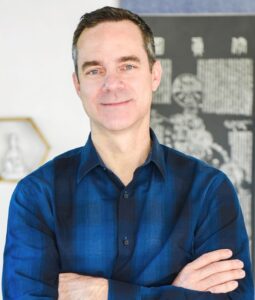 Robert Hoffman, DAOM, L.Ac. is President and CEO at Yo San University and is also the dean of the DAOM Program. He received his master’s degree from Yo San, his DAOM from Five Branches University, and is completing his PhD at Zhejiang Chinese Medicine University focused on pharmacology and immunology.
Robert Hoffman, DAOM, L.Ac. is President and CEO at Yo San University and is also the dean of the DAOM Program. He received his master’s degree from Yo San, his DAOM from Five Branches University, and is completing his PhD at Zhejiang Chinese Medicine University focused on pharmacology and immunology.
He has furthered his studies in translation with Sabine Wilms, Dermatology with Mazin Al Khafaji, and Daoism with Josh Paynter and Jack Schafer.
Dr. Hoffman serves as editor and peer reviewer for several integrative medicine journals, and has written numerous articles on Daoism, Chinese medicine, and Immunology.
He also sits on the Accreditation Commission for Acupuncture and Herbal Medicine (ACAHM), and the California State Oriental Medical Association (CSOMA).
Links and Resources
Here are a few links to articles and research germane to the discussion in this episode.
NIH analysis on significant rise in use of complementary health approaches for pain
The State of 21st Century Acupuncture in the United States
Distribution of licensed acupuncturists and educational institutions in the United States at the start of 2023, during the late stage of the COVID-19 pandemic

